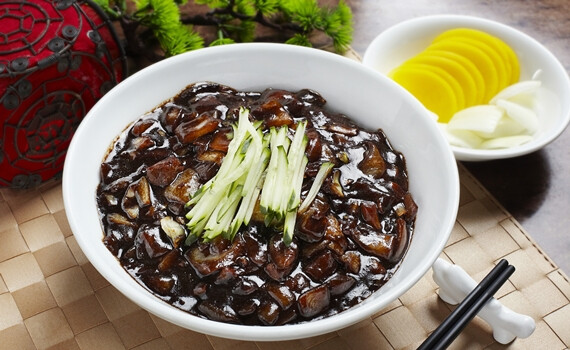
Seoul, South Korea – The cost of eating out in South Korea has reached a new high, with prices of popular dishes rising by an average of 4% this year. The surge in food prices is primarily attributed to the aftermath of the 12.3 emergency decree, which triggered a surge in the Korean won against the US dollar, leading to increased costs for imported goods.
According to data from the Korea Consumer Agency's Price Information Portal, "Chamgageok," the prices of eight popular Korean dishes in Seoul have risen steadily since January. Kimbap, a ubiquitous Korean dish, saw the most significant increase, with prices jumping 5.3% to 3,500 won per roll. Other popular dishes like jajangmyeon (noodles with black bean sauce), bibimbap (mixed rice), and samgyeopsal (grilled pork belly) also experienced substantial price hikes.
The rising cost of living has put a strain on consumers' wallets, particularly as many Koreans rely on eating out for their meals. The situation is expected to worsen as the Korean won continues to weaken against the dollar, driven by global economic uncertainties.
"We are very concerned about the future of our business," said Kim Min-soo, the owner of a small Korean restaurant. "The rising costs of ingredients, coupled with the ongoing economic challenges, make it difficult to maintain our profit margins."
Food manufacturers and suppliers are also feeling the pressure. "The volatile exchange rates have made it challenging to plan our production and pricing," said Lee Jae-hoon, a spokesperson for a major food supplier. "We have had to adjust our prices multiple times this year to reflect the increased costs of imported raw materials."
Experts warn that the rising food prices could have far-reaching consequences for the Korean economy. High inflation can erode consumer purchasing power, leading to slower economic growth. Additionally, it can exacerbate social inequality, as low-income households are disproportionately affected by rising food costs.
To mitigate the impact of rising food prices, the government has implemented several measures, including increasing subsidies for farmers and providing financial support to small businesses. However, experts say that more comprehensive policies are needed to address the underlying causes of inflation.
[Copyright (c) Global Economic Times. All Rights Reserved.]




























